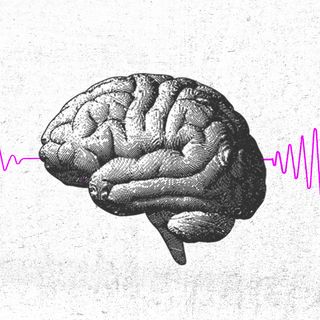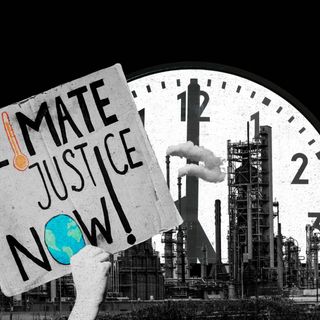Accountability alone can’t ensure people in positions of power at workplaces aren’t making decisions based on personal biases, according to a new study.
Published in the Academy of Management Journal, the study investigated the “power of cognitive and emotional processing relative to external control.”
The researchers noted that “bias suppression,” or making decisions without the interference of one’s personal views and self-interests, is an “essential institutional objective.” One of the ways to enforce this is through accountability, but despite the best of intentions, practicing accountability may not ensure sustained bias suppression, the findings suggest.
“Across multiple studies, we found that bias suppression with high accountability induces counterfactual thinking… In other words, the decision-maker questions what would, could, or should have transpired had they chosen differently,” Brittany Solomon, a management professor at the University of Notre Dame, who led the study, said in a statement. “Then they regret the decision they made and ultimately — with subsequent low accountability — reverse their action,” she explained.
However, if the accountability is initially low, and subsequently made higher, does that produce the opposite effect on people suppressing their biases? Not quite, the researchers found. In this scenario, a previously biased decision is simply sustained.
Explaining the team’s findings through an example, Solomon said that “a manager with high accountability may avoid showing favoritism to a subordinate who is also a friend. If the manager no longer feels such pressure in the future, they are more likely to favor that friend over other subordinates… However, a manager who initially has little or no accountability may show favoritism to their friend and continue favoring that friend over subordinates even when they are highly accountable.”
Related on The Swaddle:
‘Toxic’ Workplace Culture Linked To a Threefold Increase in Risk of Depression, Study Shows
So, can an unvarying degree of accountability help organizations ensure sustained suppression of bias from people in charge of making decisions? Solomon’s statement suggests that may not be a solution either. “People often opt to indulge their biases and continue doing so, despite high accountability, because they view the biased decision as the right decision,” she notes.
In addition, even if an individual succeeds in suppressing their bias once, their own cognitive and emotional processing will undermine their efforts to continue the suppression more and more with every consecutive decision they make, the study found. “[C]ounterfactual thinking and feelings of regret for not following their personal instincts or preferences are so strong that people tend to reverse their unbiased decisions,” Solomon explained.
Since the biggest challenge to suppressing one’s bias appears to be internal, the solution may also need to be designed to accommodate that. For instance, research suggests that people are more likely to associate the trait of ‘brilliance’ with men over women, and a 2018 study had also found that people were almost 40% less likely to refer women for a job if they were led to believe it required high-level intellectual abilities. Given how entrenched this bias is, it’s unlikely the element of accountability alone can convince individuals that they’ve made the right choice by choosing a female candidate for a job instead of choosing a man.
Moreover, given how research has shown that often the most biased individuals are the ones who don’t even believe gender inequality exists in the workplace. It’s even more unlikely that they’re aware of their own biases, let alone suppressing them.
But obviously, if allowed to persist and interfere with decision-making, biases can impact workplace diversity.
So, the researchers recommend instilling organizational values in employees to override their individual biases, rather than just expecting compliance enforced through external means like accountability. Basically, “organizations should be more realistic about employees’ ability or lack thereof to consistently suppress bias,” Solomon says.




